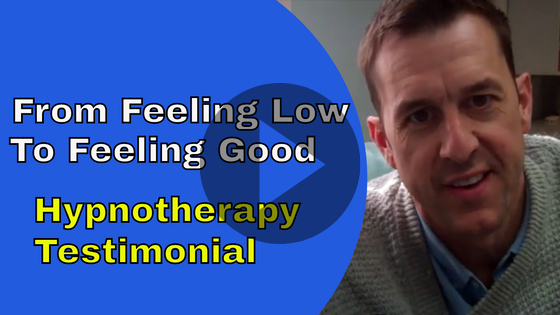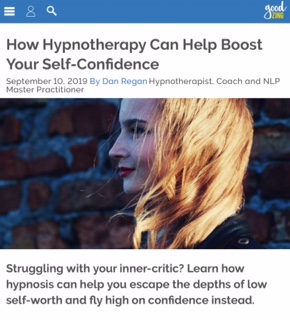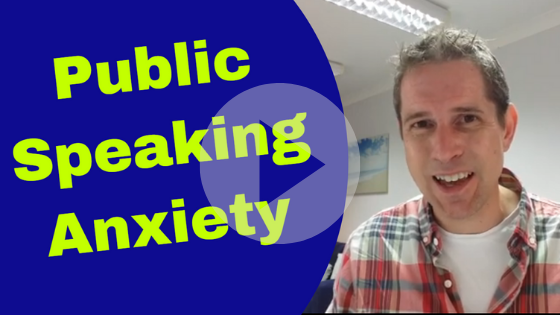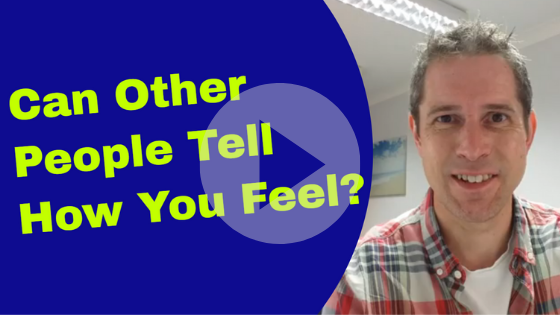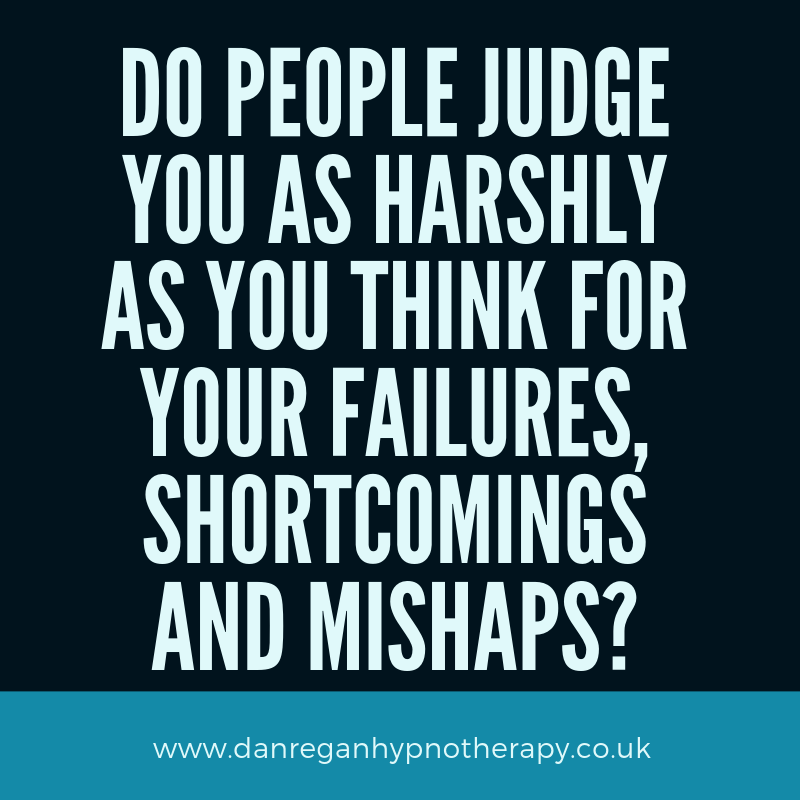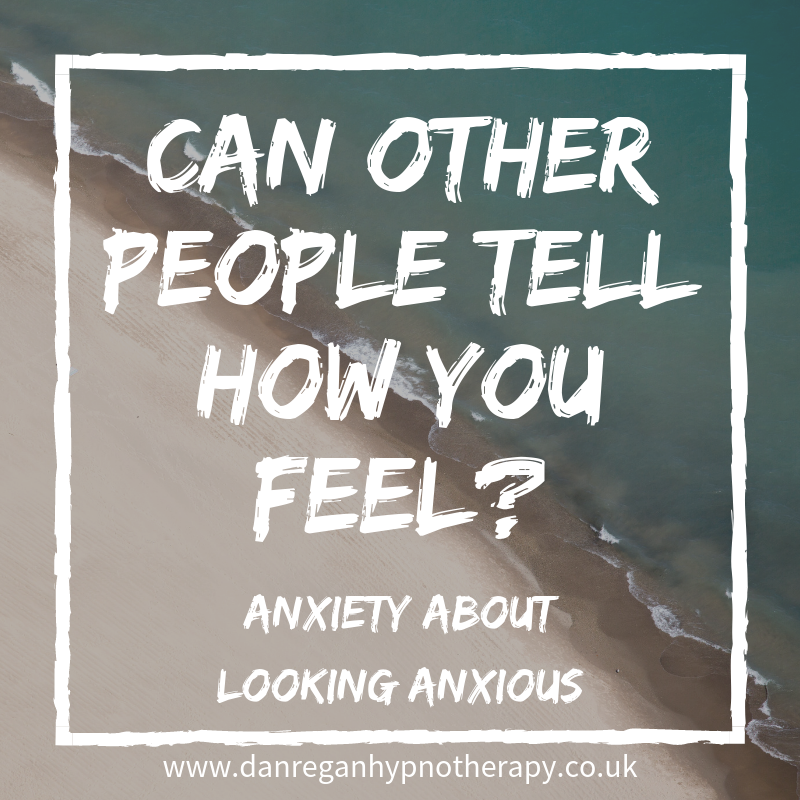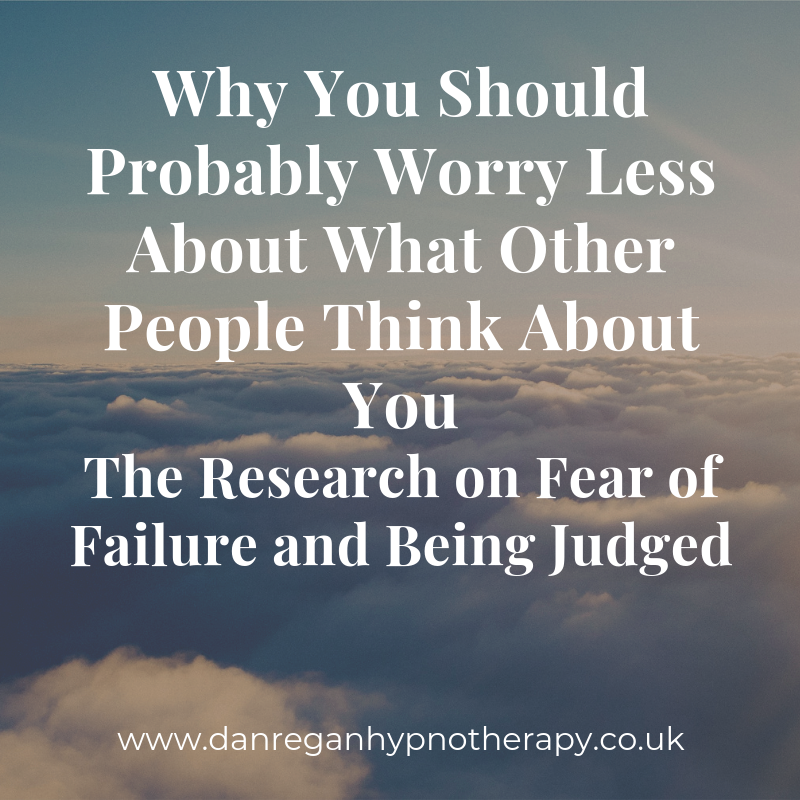Required
From Feeling Low To Feeling Good – Hypnotherapy Testimonial Video
From Feeling Low To Feeling Good – Hypnotherapy Testimonial Video:
Sometimes when we are going through a difficult period or there has been some sort of change in life, it can be hard to think clearly and to access your usual ways of thinking, feeling and doing things.
You may find yourself overthinking about things, feeling emotional and struggling to mentally ‘switch off’. It can impact on your sleep and eating. All your usual calmness, strength and confidence may seem like it has evaporated.
And whilst in the midst of that distress and lowness it may feel like things can and never will ever change and improve, the good news is that it is possible to find a way to deal and cope with things and move forward in your life. In fact, in the hypnotherapy testimonial below, one client describes how he went from feeling low following the end of his marriage, to now feeling good and being positive about the future.

